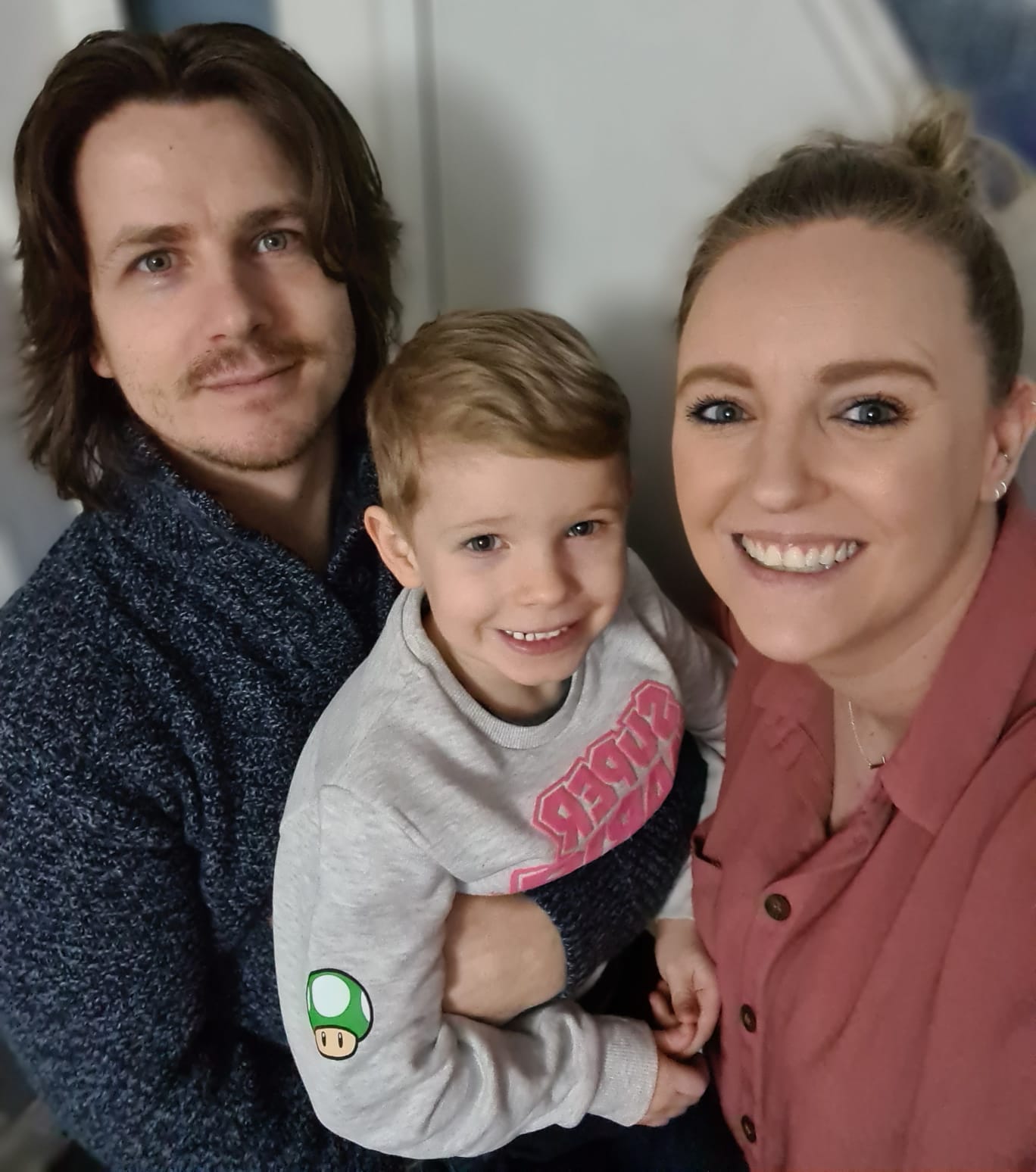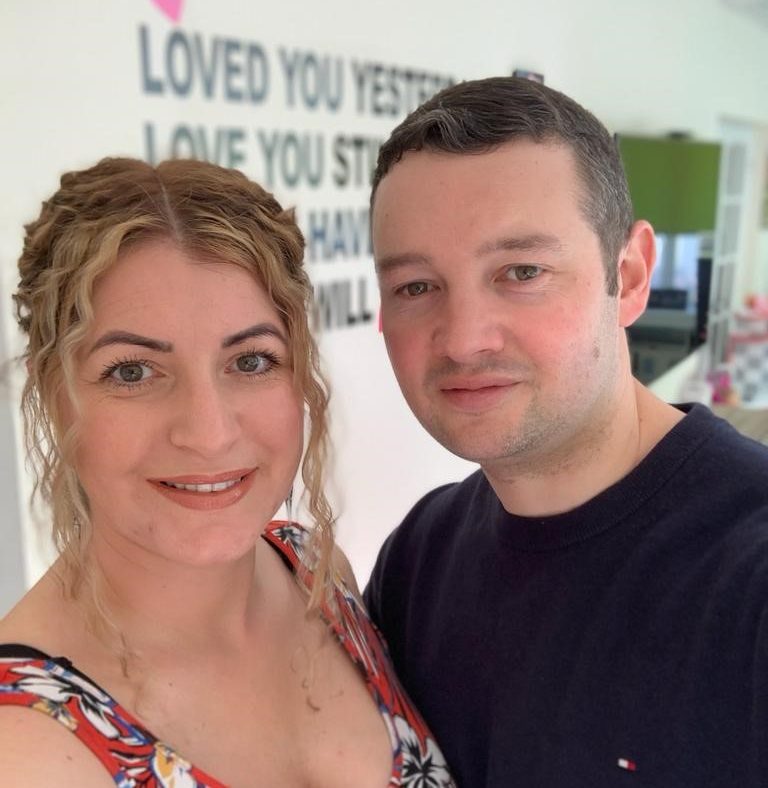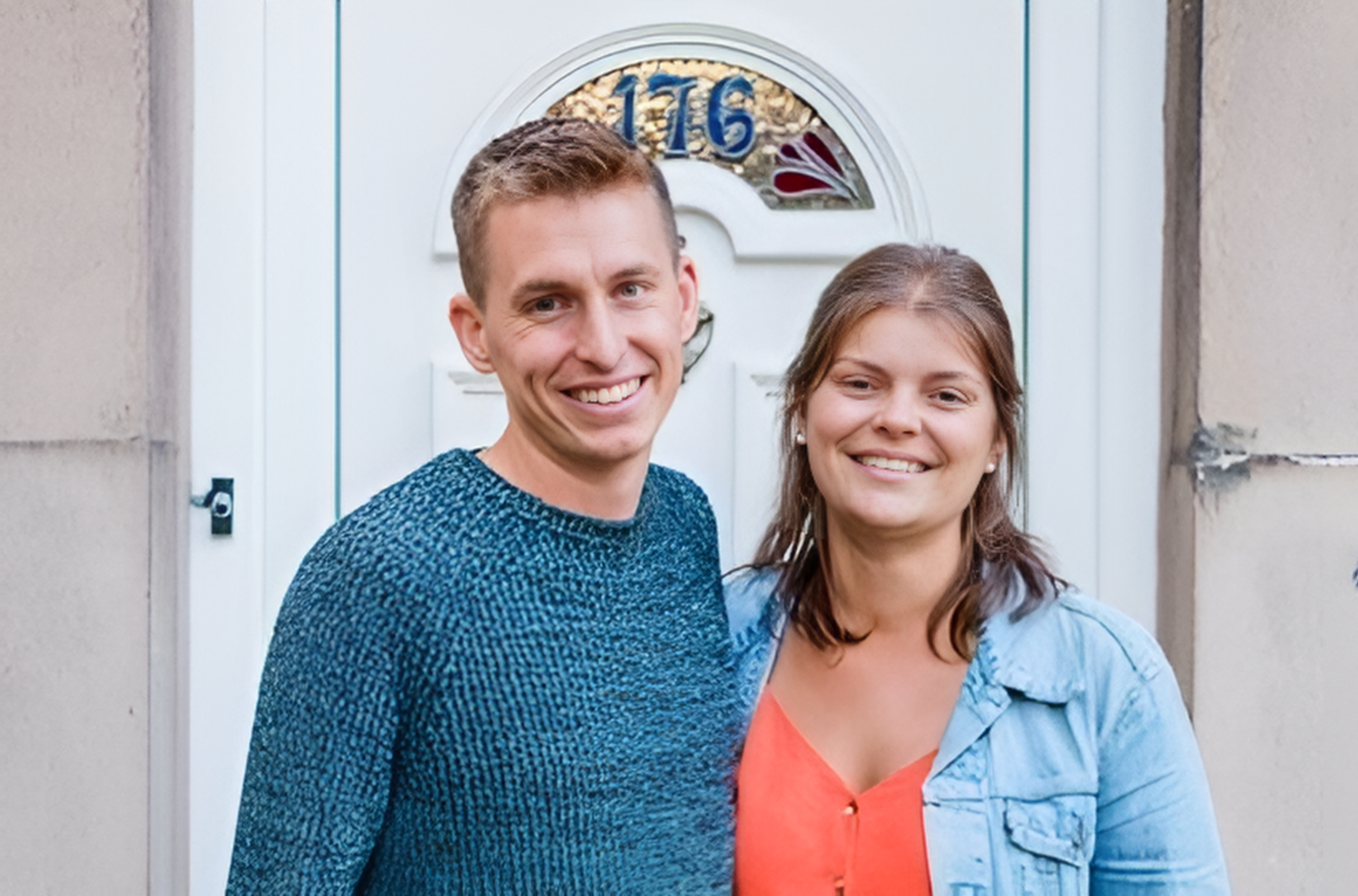Ordinary People Making An Extraordinary Difference
Many people believe that foster carers must be superhuman. After all, it’s a role or a life choice that means that you open your home to young people who may have never experienced a nurturing and supportive home life. You provide care, guidance, help with school or finding a job. You’re a shoulder and a crutch when needed and are always there for them. You say the right things at the right times, are never wrong and can teleport anywhere in the country at will.
Now, that really would be superhuman.
Back in the real world, it’s hardly surprising that fostering can appear intimidating or out of reach for many people. They believe that they don’t possess the right level of skills or experience, or they think that they have to achieve life-changing outcomes for young people.
What many people don’t see are the foster carers who come from different vocational backgrounds, who are just regular, ordinary people who want to help and make a difference. The people who understand a young person’s needs and are able to make the smallest changes that have the potential to be game changing for a young person.
This is how ordinary people make extraordinary differences, and as a charitable fostering agency we see it happen every day with our teams of foster carers all over the UK.
So we want to highlight that you don’t need to be superhuman, that you don’t need to arrive bursting with childcare skills and experience, and by the very fact that you used to be a nurse, a bus driver, an accountant or a retail manager means that the life experience you bring will only ever augment your role as a foster carer.
Let’s look deeper at three areas that could dispel beliefs or myths that foster carers need to be superhuman to make an extraordinary difference:
1. Coming from different vocational backgrounds
Whilst there are some specialist types of foster care that may require previous experience of working with children with additional needs, most fostering types do not require any experience at all. This is because full training is provided.
But we can go one step further than that and say that diversity with regards to previous vocational experience is highly sought, and actually achieves two goals:
1) It makes fostering more accessible to those who don’t have sector experience and who want to make a difference to children’s lives.
2) It potentially creates wider matching opportunities due to foster carers bringing specific life skills and adjacent experiences to the role.
David used to be a bus driver but wanted to do something more fulfilling: “I was a bus driver. I hated it, but I just couldn’t find what I really wanted to do, so I just plodded on driving buses, and generally feeling unfulfilled. Then I saw an advertisement which posed the question: “Could you foster?” and I thought, yes, I probably could. And fortunately, fostering charity TACT Scotland agreed with me, which is why I am now a very proud and very fulfilled full-time dad of four children – foster dad to three siblings, and dad to my birth son.”

“Becoming a full-time foster carer has completed my life. When I look at the children playing together, I feel like my world has been opened up in a way that bus driving or most other jobs never could.”
David & Ruth, TACT foster carers since 2018
Sarah didn’t feel valued in her role as a retail manager: “I left a retail manager’s position in a food shop to pursue a different career as I didn’t feel valued in my current role. At the time, I wasn’t passionate about anything and lacked purpose. I decided I wanted to do something to give back to the community. Rich and I both felt fortunate to have grown up in a loving family and we wanted to give that to somebody who needed it, so we agreed to look into fostering.”

“I feel valued and appreciated. We receive amazing support from TACT, especially [from] our Supervising Social Worker, and the Local Authority. We keep in touch with every child, and it is lovely to hear what they are up to.”
Sarah & Richard, TACT foster carers since 2016
2. Foster carers aren’t saviours, they are enablers
You may have heard fostering agencies or carers use the phrase ‘making a difference’ with regards to providing care for young people.
The reason why this phrase is used so often is twofold. Firstly it rightly avoids any unrealistic expectations; foster carers are not expected to swoop in and save the day (we have previously said that foster carers are not superhuman). They are there to make a difference to young people who have experienced varying degrees of past trauma.
This unpicking of current emotional responses caused by trauma experienced in the past is an evolutionary process involving a whole team around a child. A foster carer is not expected to ‘solve’ issues experienced by young people, only to use their training along with specialist expertise from the support network around them, to commence a process of healing.
Another reason why making a difference is a chosen phrase is to highlight that a foster carer’s role is to enable young people to take control of their own lives, to discover new hobbies, to decide what they want to do as a career. Providing a nurturing and caring home environment, where young people can rebuild trust and regain confidence provides them with the tools to start making their own life choices.
By removing unrealistic expectations from the shoulders of foster carers, we can start to see the most important traits that are required of the role: the ability to provide a safe, nurturing and caring environment to enable young people to thrive and take control of their lives.

“By being a foster carer, you’re helping children to have an independent life and support them with the many challenges that they may encounter. It is very satisfying to know that you have helped them become more confident and it is rewarding knowing that your time with the young people has been of benefit to them. Sometimes there is trauma that needs to be addressed and that requires a lot of patience.”
Yasmin, TACT foster carer since 2020
3. The smallest gestures can bring the best outcomes
Many people believe that to make a difference to children’s lives, foster carers must take significant steps such as organising daily one-to-one time or encouraging participation in several outdoor hobbies.
In reality, it’s often the smallest gestures or simple actions that have the greatest impact.
It’s about understanding a young person’s needs, passions and interests and identifying small actions that will not be overwhelming to them, but that can still make a difference and reinforce their mental health and wellbeing.
This may sound complex, but it is relatively straightforward.
Alice and James, who have been fostering for TACT since 2022, talk about identifying a young person’s interests, and how this led them to arrange a specific event: “A highlight might be taking a musical-obsessed teenager who had never been to the theatre before to see Hamilton in London. You’ve never heard someone scream so loud as when I gave her the tickets for Christmas!”

“People often tell us we’re amazing for fostering and I’m never sure how to respond to that. It’s an amazing thing to do with your life but you don’t need any unusual skills – you just need time and sticking-power to invest in a child who needs it.”
Alice & James, TACT foster carers since 2022
You don’t need to be extraordinary to foster
You don’t need to be extraordinary to be a foster carer. What matters most is providing a stable, supportive, and caring environment for a child. Many people mistakenly believe that foster carers must possess exceptional skills or qualifications, and be almost superhuman. But it’s the everyday qualities; patience, empathy, reliability, and a willingness to listen that make the biggest difference. Fostering is a learning journey, full of shared discoveries, growth and moments that will make the experience truly rewarding.
Children in care benefit most from genuine connections from someone who is present in their lives. Someone who offers encouragement and creates a safe space for them to thrive – enabling them to eventually gain independence and to forge their own path in life.
You don’t need to be extraordinary to foster, but conversely the sum total of the everyday care, patience and empathy you provide to young people could make an extraordinary difference.
Start Your Fostering Journey. Make An Extraordinary Difference.


